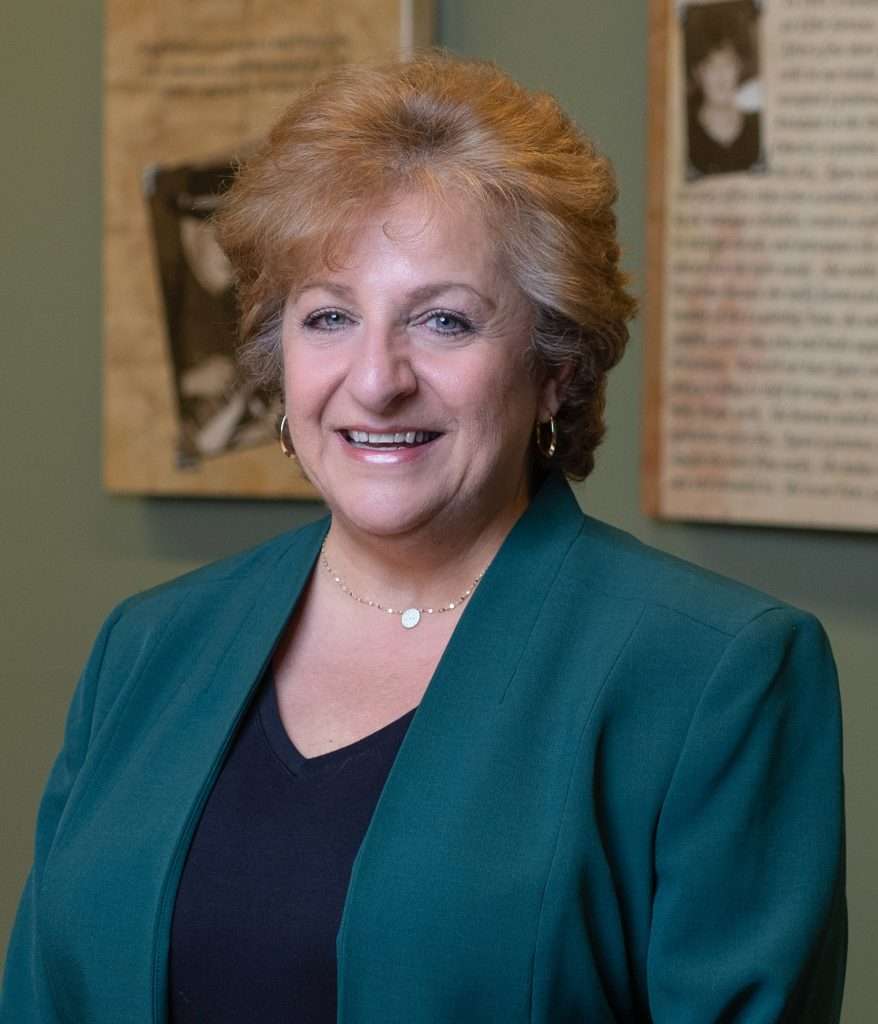
As we age, the years can affect our senses, including those of taste and smell. Sometimes, if persistent, these changes may indicate a larger problem, according to the National Institute on Aging.
Your sense of smell may fade as you get older, and if you can’t smell food, it may taste bland and unappetizing. For example, a friend of mine lost her sense of smell when she developed COVID-19 last month. She could imagine what she was tasting for the first two or three bites, but then she said it was like chewing on a piece of cardboard. Even food strong-flavored dishes like pizza seemed dull and unenjoyable.
Some problems that can briefly reduce your sense of smell include:
- A COVID-19 infection, which can cause a sudden loss of smell. Once symptoms subside, you should regain your sense of smell. Seek medical care if you don’t.
- A cold or flu that stuffs up your nose. Your ability to smell will return when you feel better.
- Allergies. Avoid triggers for allergies, like pollen and pets, if these bother you. Your physician can suggest ways to manage your allergies, including lifestyle changes and medications.
- Some medications like antibiotics or blood pressure medicine. Your doctor may be able substitute another prescription instead of what’s making you uncomfortable.
By contrast, a long-lasting loss of smell can be caused by a head injury that damages nerves related to smell or by conditions like Parkinson’s disease, mild cognitive impairment, and Alzheimer’s disease. Medical experts encourage people to tell their doctors about changes in their sense of smell. After all, it’s important to be aware of all the odors around you, especially if they seem dangerous or unhealthy.
Many things can cause you to lose your sense of taste, including damage to the glands that produce saliva and COVID infection. In addition, antibiotics and cholesterol and blood pressure drugs can change how food tastes. Certain medications can dry out your mouth, making food taste “off” and difficult to swallow. Experts urge you to keep taking your medicine but to ask your doctor to investigate a possible substitute.
Gum disease, an infection in your mouth, or issues with your dentures can lead to a bad taste in your mouth, altering the way your food tastes. Good dental hygiene can help prevent these problems. Healthcare experts suggest you speak with your dentist about any bad taste that persists for an extended time in your mouth.
Experts suggest you consult your doctor if foods just don’t smell or taste the way you think they should. You might be referred to a specialist who treats people with smell and taste problems, an otolaryngologist, also known as an ear, nose, and throat specialist.
Most likely your physician will have ways to fix the problem. If not, the doctor can suggest ways to help you cope with your changes in your senses of smell and taste.
